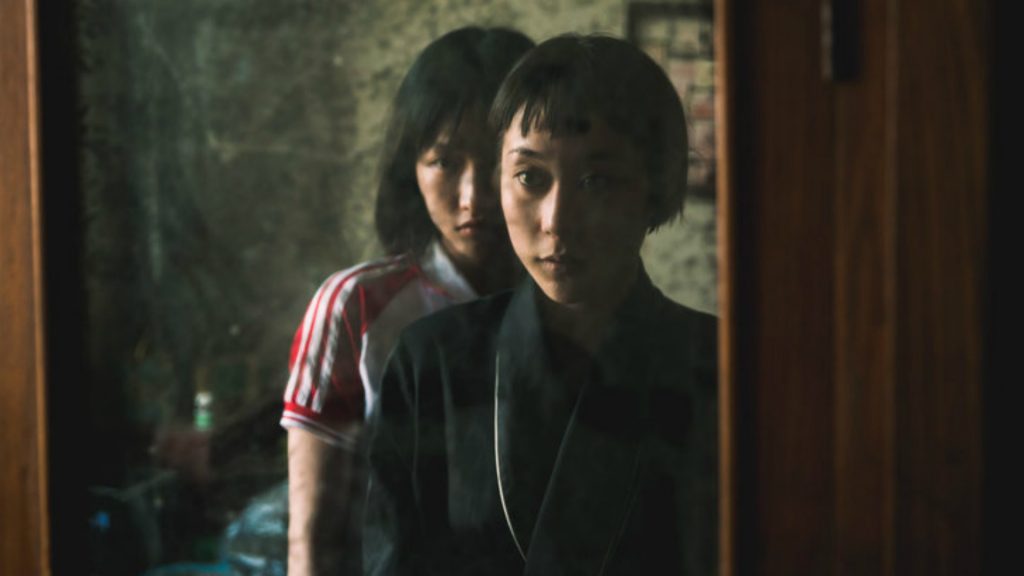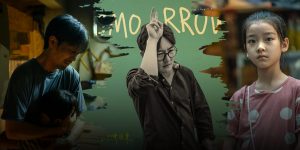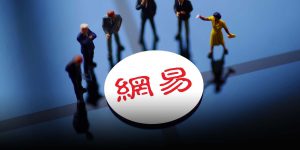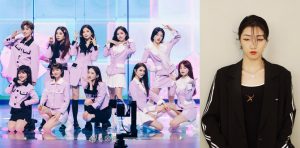Enlivened by students and emerging filmmakers, the Los Angeles Chinese Film Festival taps into an appetite for China-Hollywood exchange outside of major co-productions.
The Los Angeles Chinese Film Festival kicked off on the last Friday of October at LA’s casually cool Downtown Independent theater — a fitting venue for a young, independently-organized festival stretching its legs for a third annual edition. With a programming slant and atmosphere enlivened by students and emerging filmmakers, the LACFF has tapped into an appetite for China-Hollywood exchange beyond the usual co-production and box office revenue chatter, and developed this small, volunteer-run festival as a cultural bridge between the creative worlds of Chinese and American filmmaking.
“This is a passion project for all of us involved,” Athena Bowe, a festival co-founder said: “We started this festival to support the community… and look more deeply into Chinese creative arts through film and TV.”
The festival, which defines itself broadly as a platform for Chinese language, culture, and heritage in film, painted a picture of a changing and diverse China, and offered mirrors to the often blurred lines of Chinese-American — or American-Chinese — identity. The short films The Day Off, a Neo-realist drama directed by Carter Zhao, and the neon-cool Secret Lives of Asians at Night (directed by Kevin Wang, with a soundtrack featuring Higher Brothers) imagine crime-laced perspectives on Chinese immigrants in the US, underscoring themes of secret lives lived in public. In Henry Loevner’s Nest Egg, a gently optimistic comedy of manners and translation apps, a Chinese couple who hire a white American woman to carry their pregnancy find their plans unsettled by the surrogate’s skeptical husband.
Two documentaries — Singing Chen’s Body Stories and Mijie Li’s Confucian Dream — look into the lives of women struggling with identity and expression in contemporary Asia. Continue to read the full article here.
– This article originally appeared on RADII.






